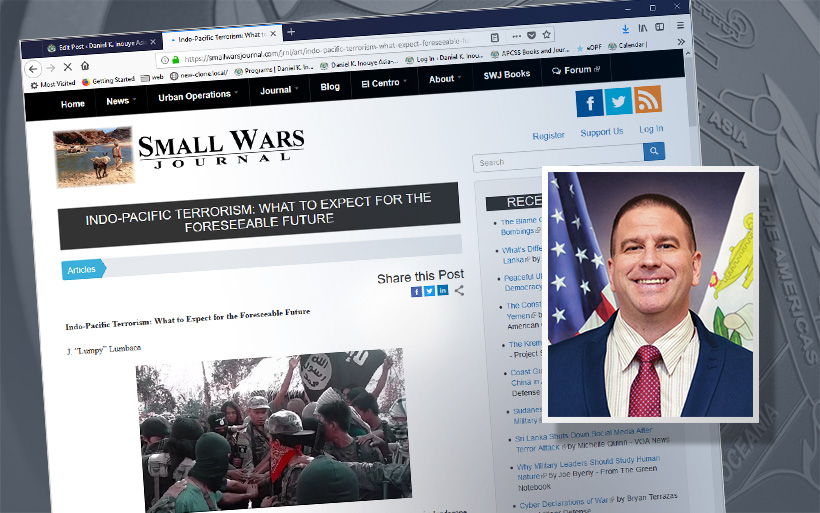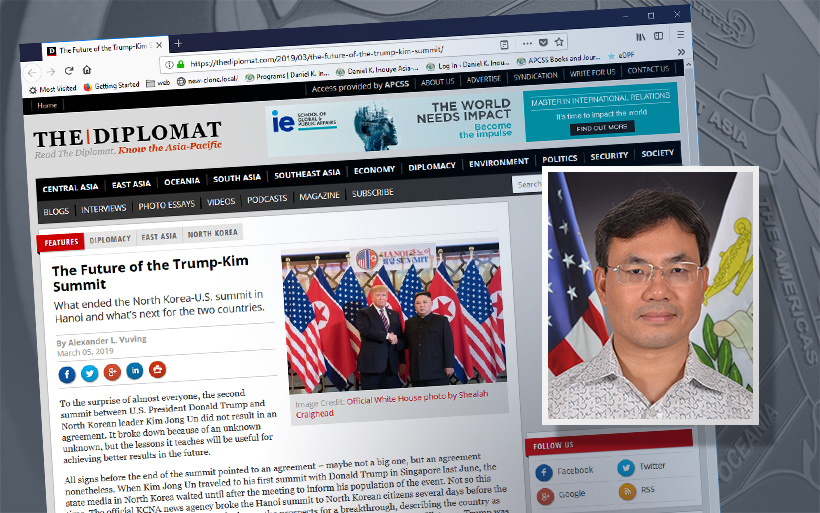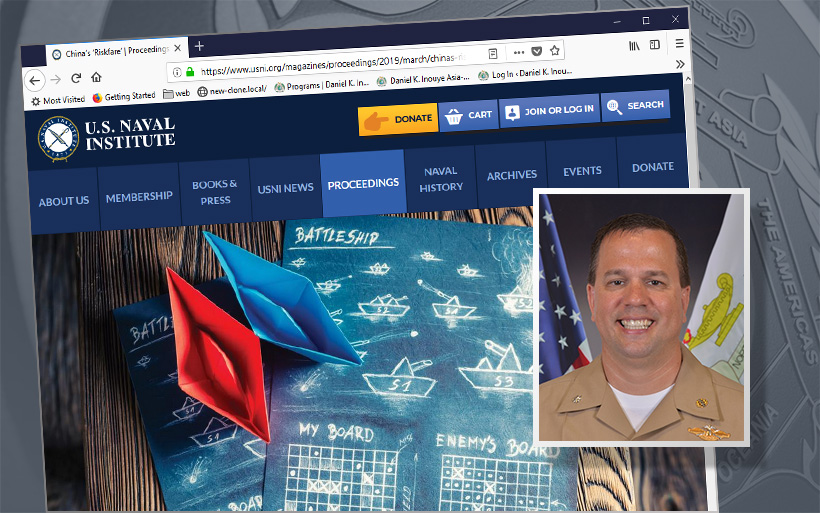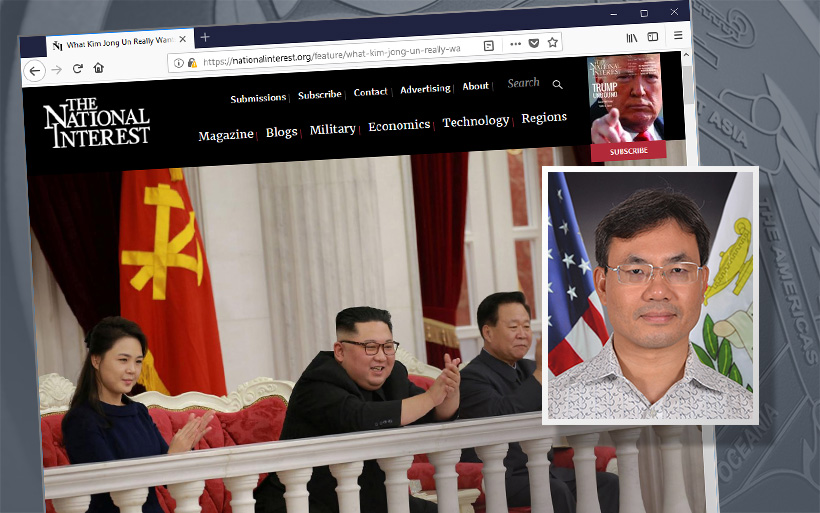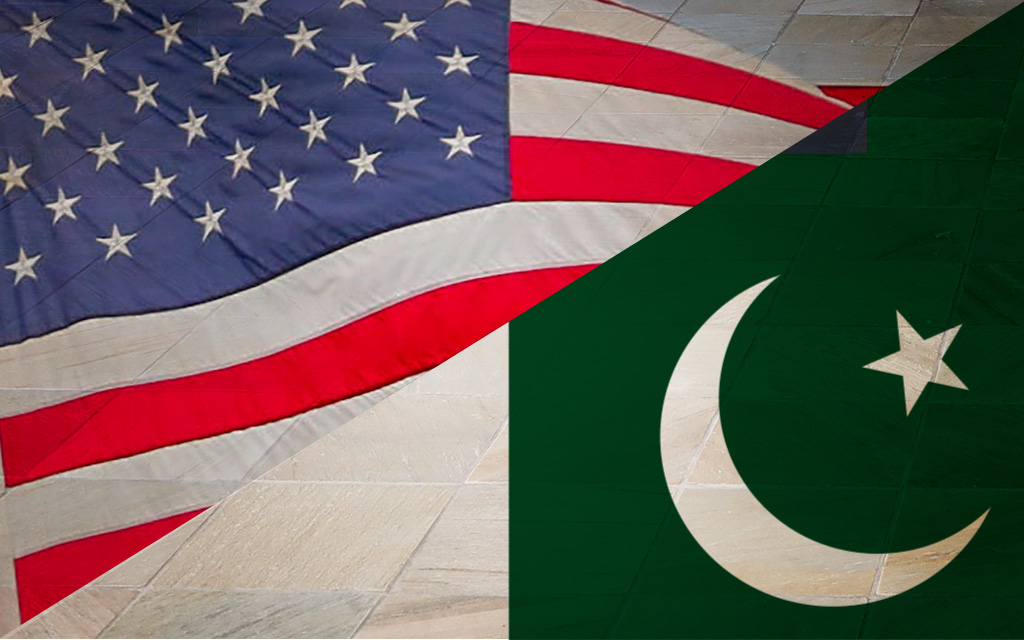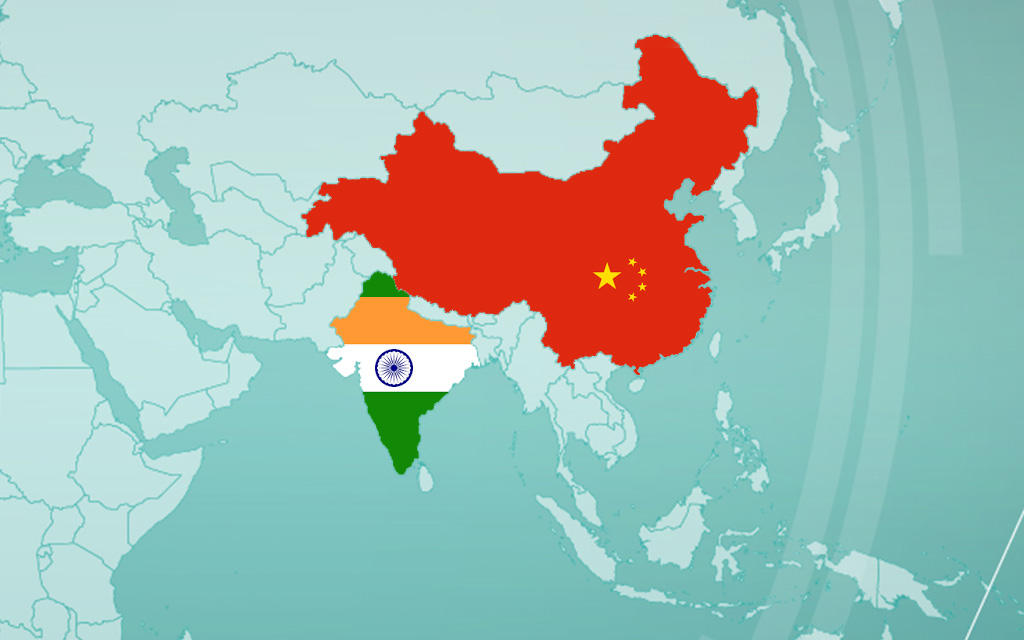APCSS Faculty
John Hemmings
Dr. John Hemmings is a returning professor at the College of Security Studies at DKI-APCSS, having previously worked here from 2019-2022. He specializes in US alliances and strategic competition, with a focus on technology and the defense industrial base. He also specializes in the US alliance system, including the trilaterals, the Quad, AUKUS, and others. Prior to assuming this role, Dr Hemmings led research programs on the Indo-Pacific at the Pacific Forum, Henry Jackson Society, and RUSI in London. He has given evidence to two separate Parliamentary UK Defence Committee inquiries on the Indo-Pacific and provided expert briefings to [...]


